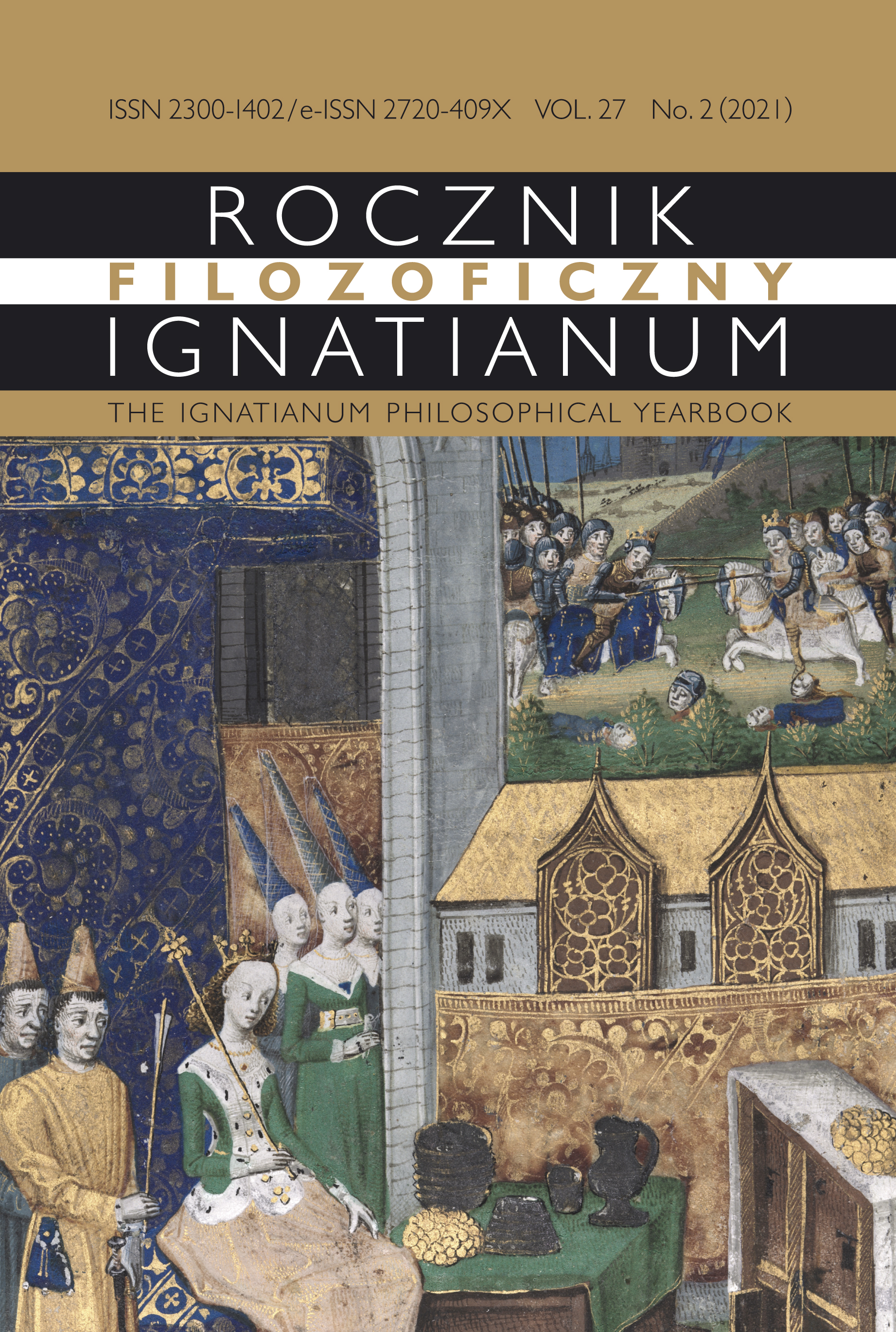From the Tomb of the Lord to the Tombs of the Gulag
Michał Jankowski and His Descendants in Siberia, Primorski Krai and Korea in 1864–1945
Abstract
This article focuses on the trajectory of life of the three generations of the Jankowski family in Siberia, Primorski Krai and Korea in the years 1863– 1945 in terms of their economic, cultural and scientific achievements. The founder of the Far Eastern branch of the family was Michał Jankowski (1842–1912). Exiled to Siberia for participation in the January Uprising of 1863, as a man of indefatigable energy and collaborator of Benedykt Dybowski, he undertook many initiatives, including hunting, wild ginseng collecting and a gold mining administration. In 1880 he settled on the Sidiemi Peninsula near Vladivostok, where he established a farm specializing in horse breeding and ginseng gardening. In addition to farming, he conducted natural history and archaeological research and sent the acquired specimens and artifacts to Russian and European museums. The tradition of his father was continued in the second generation by Jerzy (Jurij) Mikhailovich Jankowski (1879–1956). Endowed with similar character and talent, he studied agriculture and husbandry in Texas and at the agricultural faculty of St. Louis University in Missouri. He expanded the farm to include commercial fishing and rice cultivation. The occupation of the Far East by the Red Army in 1922 forced the family to emigrate to Korea and Manchuria. The new family seat called Novina was built on the Ompo River near the town of Ch’ŏngjin, about 200 kilometers south along the Korean coastline from the mouth of the Tuman River. It was not only a modern farm with specialized animal husbandry and fruit farming, but was also a recreational, cultural, and spiritual enclave, with a school for children, a summer theater, an Orthodox church, and a resort for holidaymakers. The third and the most famous representative of the family was Walery Jurewicz Jankowski (1911–2010). In 1945, he joined the Soviet Army, where, due to his knowledge of Korean and Japanese, he served as an interpreter for the military intelligence at the headquarters of the 25th Army in P’yŏngyang. At the beginning of 1946, both Walery and his fathers were arrested and sent to the labor camps. The family was scattered around the world, from Australia to the North and Latin Americas and the farm was nationalized. The Jankowsky family achieved spectacular success in the Russian Far East and in Korea because they were able to apply the traditional Polish gentry ethos based on the extended structure of family and servants, which they were able to combine with a chivalrous fortitude and openness to hard life in the frontiers populated by various ethnic groups.
Copyright (c) 2021 Jesuit University Ignatianum in Krakow

This work is licensed under a Creative Commons Attribution-NoDerivatives 4.0 International License.
The Yearbook only accepts materials for publication that are free of all conflicts of interest, and that in no way involve conflicts over authorship, copyright, etc. The Editors will take action against any cases of plagiarizing, ghostwriting1, guest/honorary authorship2, etc. Where co-authored work is concerned, the Author listed first is expected to take responsibility for the submission, and is required to make clear the contributions of all of the Co-Authors involved. In the event of the publication owing its existence to funding dedicated to this purpose, this fact should be made clear: e.g. in any note of thanks/acknowledgement, or in a footnote, etc. Explicit notification should be given of any form of reprinting, with the appropriate evidence of permission to publish being furnished as required. Any impropriety on the part of Authors/Reviewers risks exposing them to appropriate responses from the relevant institutions.
______
1 This term refers to instances of a person who has made an essential contribution being omitted from the list of authors, or from notes conveying gratitude and/or acknowledgement.
2 This occurs when a person who has made either an insignificant contribution or no contribution at all nevertheless appears on the list of authors.





